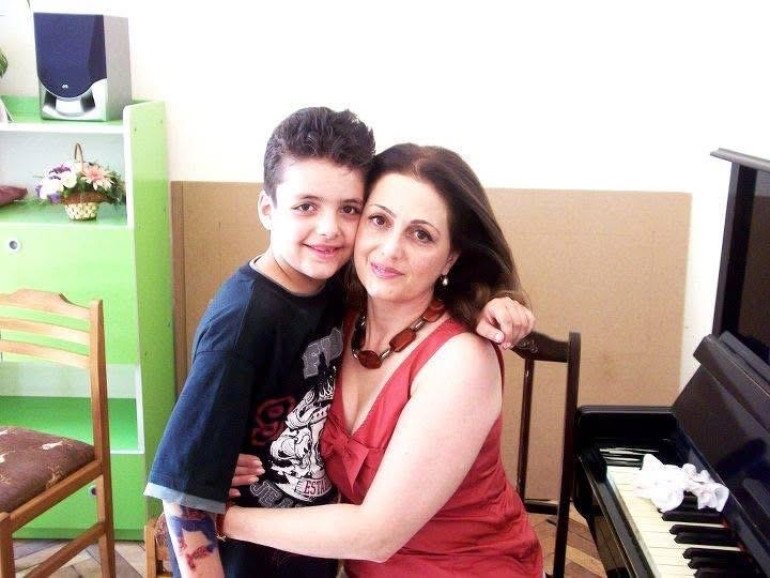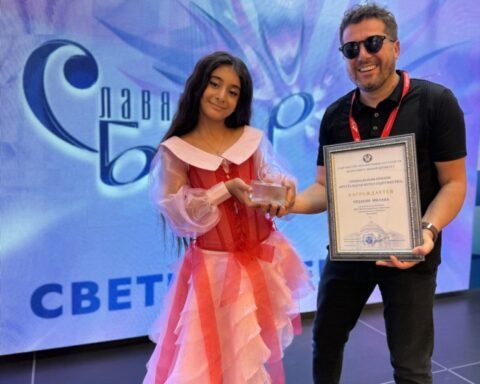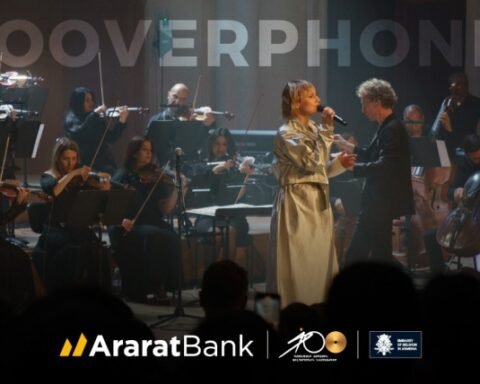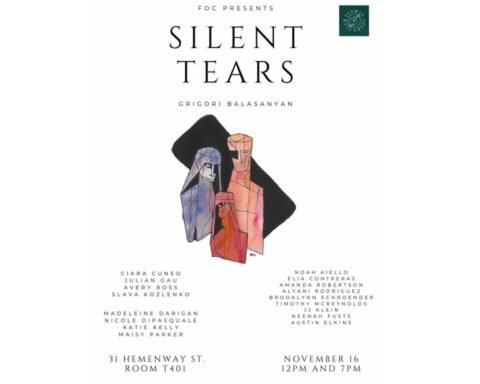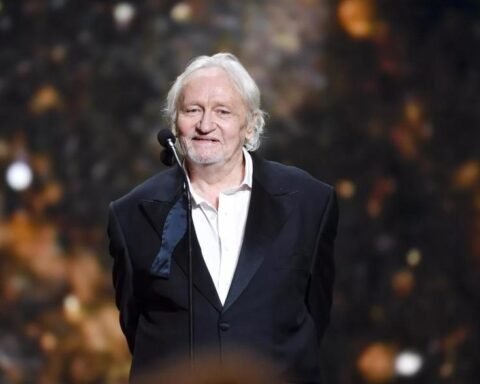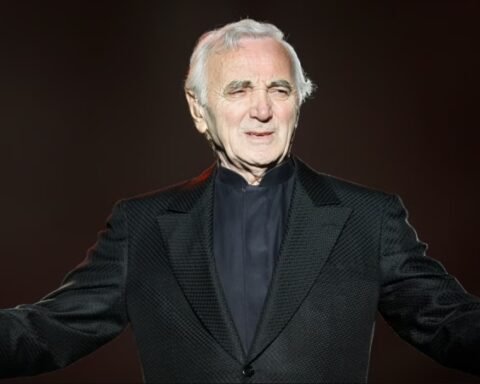A young Armenian musician has completed his studies at the prestigious Boston Conservatory at Berklee a full year ahead of schedule and was chosen by the institution to address his graduating class. Grigori Balasanyan, who will continue his master’s studies at the same institution, began his musical journey at just six years old.
His first music teacher, a respected Armenian musicologist, recalls his early talent. “From our initial lessons, his musical ear and rhythmic precision were evident,” she stated. “He frequently arrived with original melodies, playing them with one finger and requesting accompaniment, demonstrating an unusual engagement with harmony for his age.”
The composer’s development was supported by his family, who enrolled him in a specialized music school. By age ten, he had released his debut album. A casual suggestion from his mentor to compose a ballet based on “Alice in Wonderland” resulted months later in a completed overture, eventually leading to a full 40-minute modern ballet performance.
What distinguished the young musician, according to his teacher, was his ability to internally orchestrate complex compositions without formal training. “His works remain authentic because he’s maintained the creative spirit of childhood,” she explained.
At age 14, an unexpected encounter led to a significant commission. After approaching the Armenian president on the street and presenting his work, he received an invitation to compose a ballet based on a children’s book by the first lady. The resulting work was performed by the State Symphony Orchestra.
The composer maintains connection with his homeland while achieving international recognition. Recent accomplishments include a solo performance at Carnegie Hall and the premiere of his opera at the Boston Conservatory—only the second student-composed opera in the institution’s history since 1867. His opera “Silent Tears” draws from his meeting with a child displaced from Artsakh who lost parents during recent conflicts.
His former teacher emphasized the importance of supporting emerging talent: “National recognition is most meaningful when artists need it during their development, not just after they’ve achieved success.”


